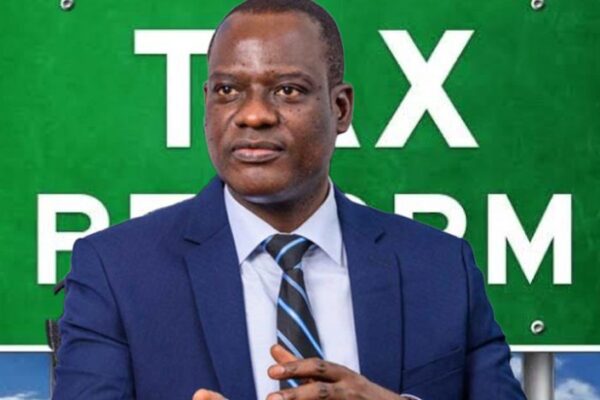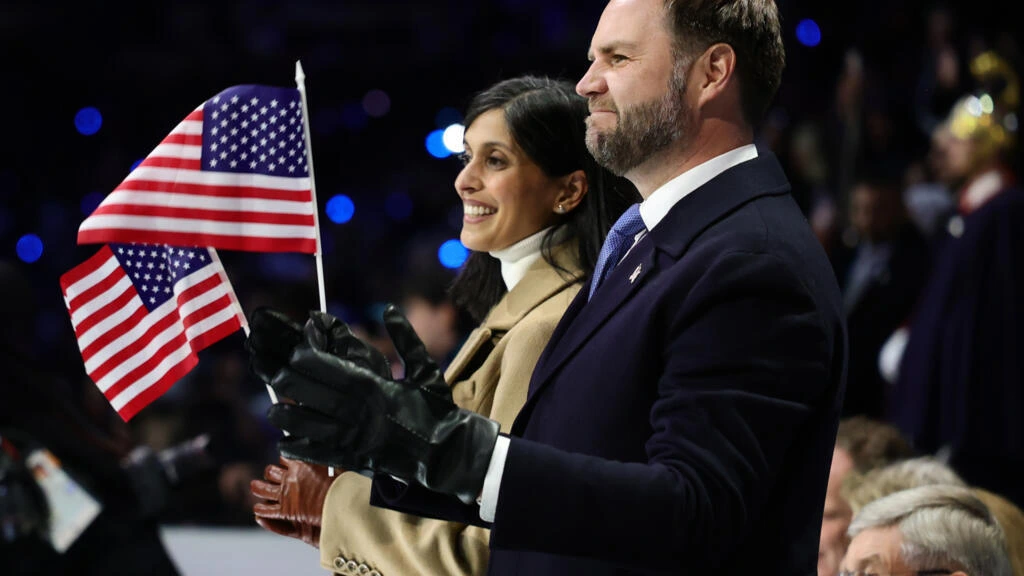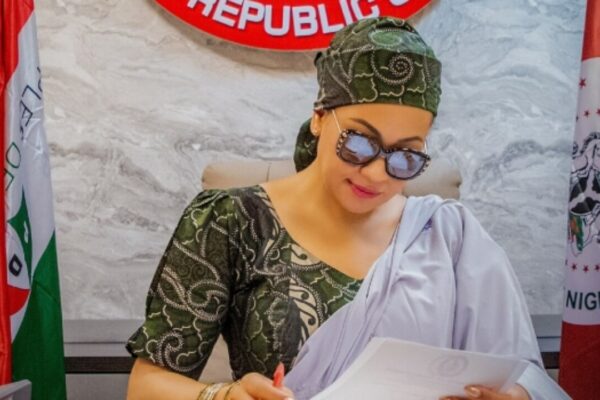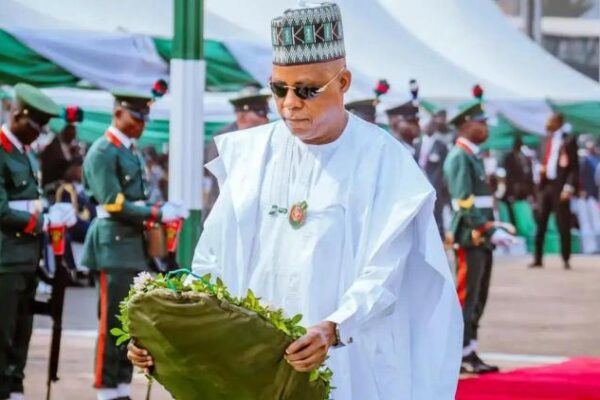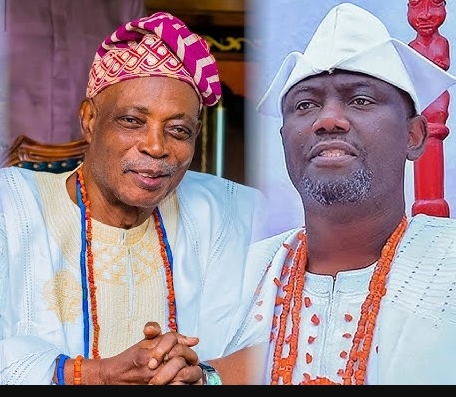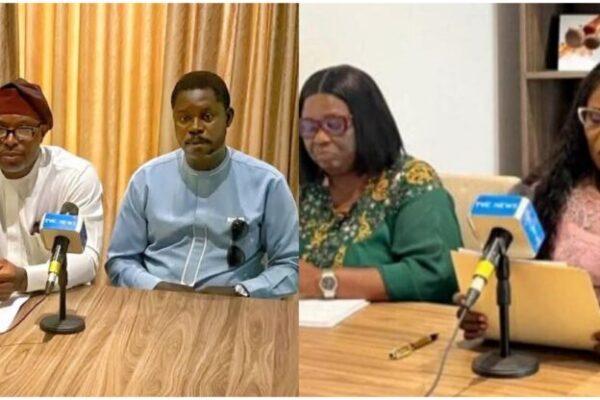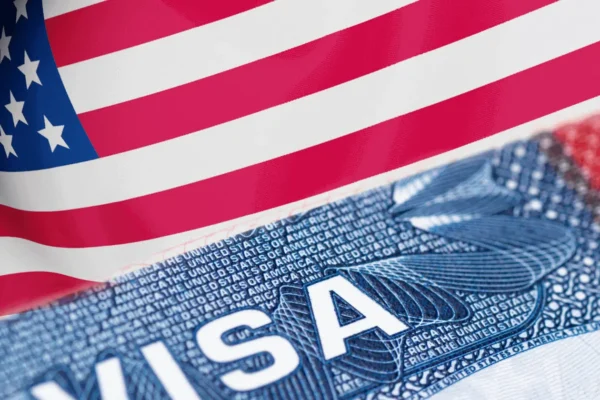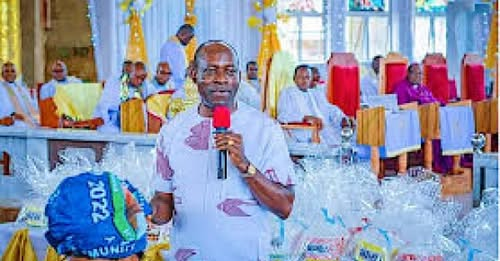The Anambra State government has directed churches near schools to avoid generating excessive noise that disrupts academic activities. The warning came from the Commissioner for Education, Prof. Ngozi Chuma-Udeh, on Wednesday, following complaints about a private school in Onitsha. The proprietress of the school, Lady Ngozi Udeh, petitioned the ministry against Divine Dominion Prophetic Ministry, located directly opposite the school. The petition stated that the church, which built its auditorium in 2024, has recently increased its activities, producing loud noise, particularly on Tuesdays when services reportedly run from 10:00 am to 4:00 pm. “The noise has consistently distracted students and teachers, severely disrupting teaching and learning during official school hours. Despite several verbal appeals to the church leadership, the situation has not improved,” the petition said. Speaking to both parties, Chuma-Udeh emphasized that Governor Prof. Chukwuma Soludo would not tolerate actions that infringe on students’ right to learn in a peaceful environment. “Noise pollution is an offence under Nigerian law and is punishable once established. Religious institutions must ensure that noise from their premises is properly contained, especially when schools are within hearing distance,” she stated. She noted that the school had been in the area long before the church and urged the religious body to find ways to coexist peacefully, describing mutual respect as a core principle of Christianity. She instructed the church to reschedule weekday activities to start from 4:00 pm, after school hours, warning that failure to comply could lead to involvement from the Ministry of Environment and possible legal action. “While churches may hold activities throughout the day on weekends, external examinations such as WAEC, NECO, and JAMB must take priority, even on Saturdays,” she added. The Assistant Pastor of Divine Dominion Prophetic Ministry, Emmanuel Ukpabi, assured the ministry that the church would take steps to ensure harmony and peaceful coexistence with the school.
